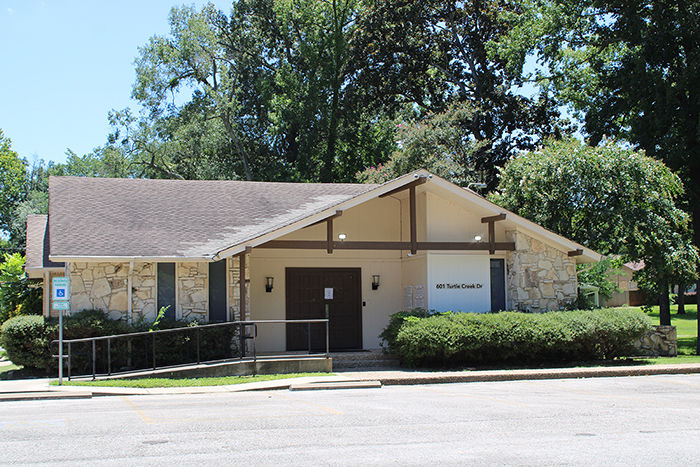Voters are willing to hike some taxes
Published 9:55 pm Monday, December 1, 2014
Americans need to learn how to stop worrying and love taxes. That’s the conclusion reached by the Washington Post’s Catherine Rampell, in a recent column on how we just don’t get it.
It’s not really Professor Jonathan Gruber’s fault that the Obama administration had to fool the public in order to get the Affordable Care Act passed; it’s the national prejudice against taxes, she contends.
Trending
“If the political toxicity of spending and tax hikes encourages obfuscation at the federal level, it has led to far more destructive and distortionary policies at the state and local levels,” she adds. “Voters hate taxes and will punish any politician who threatens to raise them (or, in many cases, does not accede to cutting them). But schools, roads, police forces, garbage collection, firefighters, jails and pensions still cost money, even when you cut them back as much as voters will tolerate.”
Let’s examine that statement a little more closely.
Are spending and tax hikes politically “toxic”? Not necessarily. Poorly managed spending and unwarranted tax hikes, however, are a different story.
Look at Tyler and Smith County; East Texas voters have repeatedly voted to increase their own taxes, for new schools and other infrastructure projects.
In 1995, for example, Tyler residents voted to significantly hike their own sales tax rate. They correctly saw the value in eliminating the city’s bonded indebtedness, even at the cost of a little immediate financial pain at the cash register.
What Americans don’t like is unjustified or poorly thought-out spending and tax increases.
Trending
Take the Smith County jail bond saga. In 2011, Smith County voters approved a $35 million bond package in a landslide (the vote was 63 percent to 37 percent).
But that was only after having voted down four separate jail proposals in just five years. That put to rest the myth that Smith County voters are “anti-tax,” while at the same time demonstrating that it’s up to public officials to make the case for tax hikes. Smith County commissioners, in particular Jeff Warr, engaged the community, listened to concerns, and devised an acceptable plan.
We approach school bonds the same way. When officials come to the community and bring parents and other citizens into discussions about what the real needs are, voters are much more likely to approve bonds.
In fact, in recent years, voters have supported bond proposals by margins of greater than 60 percent. The 2004 school bond proposal won 67 percent to 33 percent. And in 2008, voters supported a $124.9 million bond proposal that replaced six TISD schools by a margin of 60 percent to 40 percent. And that was at the height of the worst recession the nation has seen since the Great Depression — right after the collapse of Lehmann Brothers.
In short, voters are willing to pay for what’s needed.
The Post’s Catherine Rampell’s larger point is that states and municipalities often try to hide tax hikes by increasing fees. That’s true, and it can be a problem.
But her premise — that Americans hate taxes — is simply incorrect.







